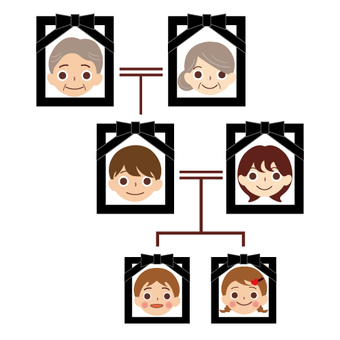Estate Administration
What Does Estate Administration Involve?
Estate Administration is the process of gathering and distributing of assets and property after an individual’s death. Differing from state to state, time-frames for the administration of an estate can also vary, depending on whether or not all required documents are set up, the estate’s value, and extent, and how many beneficiaries are included.
With Estate Administration, the first things that should be done are information collection, such as assets, determining what was owned by the descendant, and finding out how these properties or assets are titled. One must also see if there is a will, and if so, ensure its validation. Death certificates should be obtained, as well as finding an attorney that can walk you through the process as effortlessly as possible.
The Estate of a Deceased Person
A deceased person’s estate includes everything they owned at their death. There are instances where some of their property may not be included in the estate. Exclusions can include non-probate assets and The Family Exemption.
Non-Probate Assets
Assets that are owned by an individual and are transferred outside of administration or probate, are known as non-probate assets. This means these assets are not included in the estate and are not generally gifted via a will. A contract mostly governs non-probate assets, thereby controlling transfers. Usually, the estate owner populates and submits a beneficiary designation.
Examples of Non-Probate Assets:
- IRA, 401k, Roth IRA, 403, and other Retirement Accounts
- Life Insurance
- Transfer on Death Bank Accounts or Totten Trusts
These assets that are titled jointed are also defined as non-probate assets and do not need probate in order to have them retitled. A joint tenant with rights of survivorship can automatically be passed this property after the passing of the owner. Common assets include vehicles, joint investment or bank accounts, and houses.
What then, Belongs in the Estate?
All assets that have not been included as non-probate and family exemptions are a part of the estate. A valid will, generally disposes of all estate contents. If no will exists, or if it does not dispose of every article from within an estate, under the intestacy statute, the contents of the estate will get distributed.
Read our blog HERE to see what happens if you die without a will.
The Family Exemption

Specific properties set off from an estate are known as the Family Exemption. Ownership of these properties is immediately given to the surviving spouse, and if there is none, will automatically pass on to the children under 21 years old.
Such properties include:
- Marketable securities less than $25k
- A motor vehicle valued at less than $25k
- $2,500 value or less of family pictures, computer software, electronic storage devices, and other such items.
- Electronics, remaining jewelry, appliances, furniture, and other such items with a total value of $20k or less.
If you would like to learn more or take the first step as an estate administration, contact us now for a free, no-obligation 30-minute consultation.

